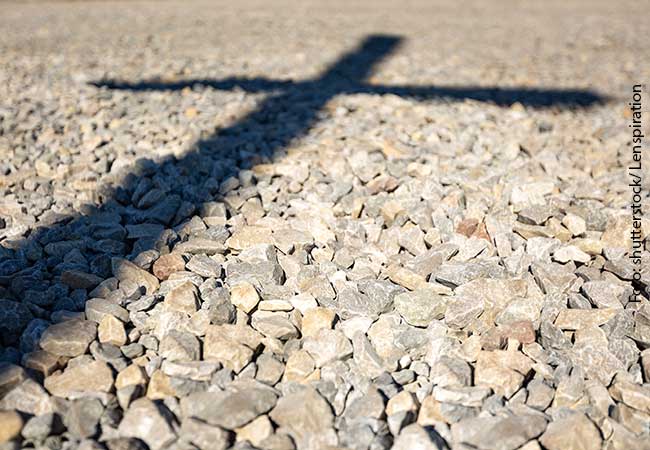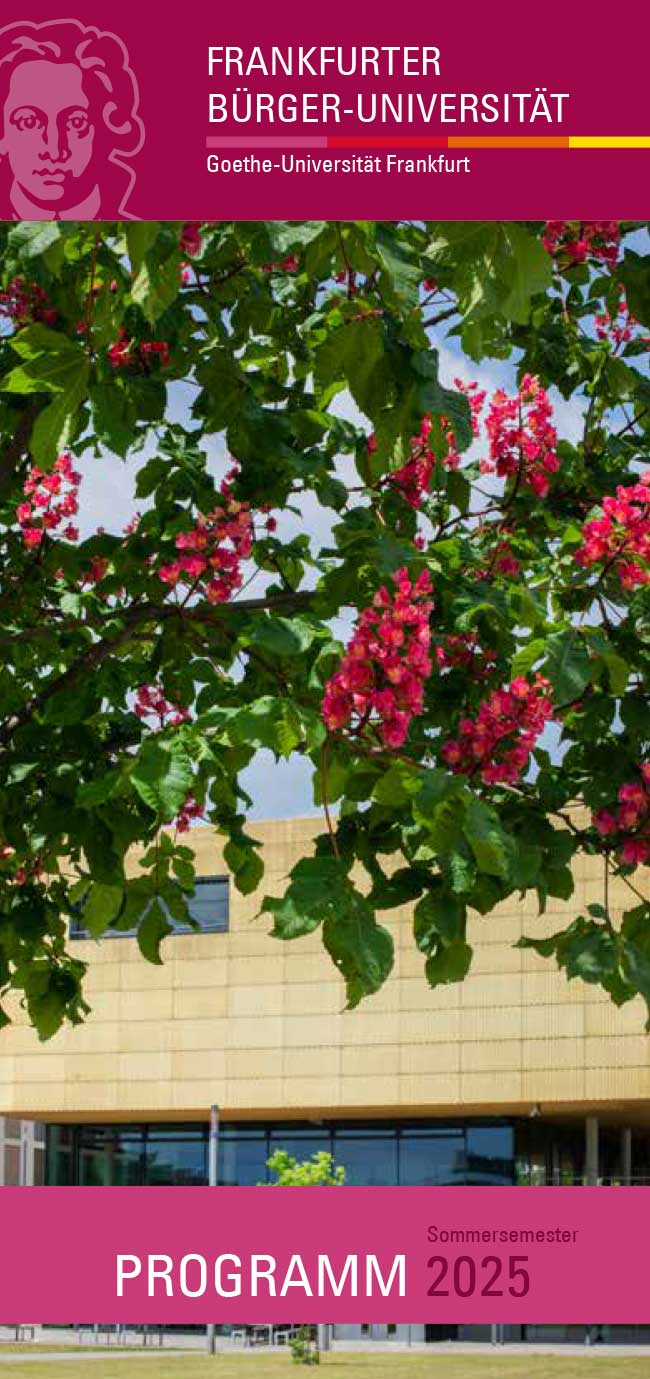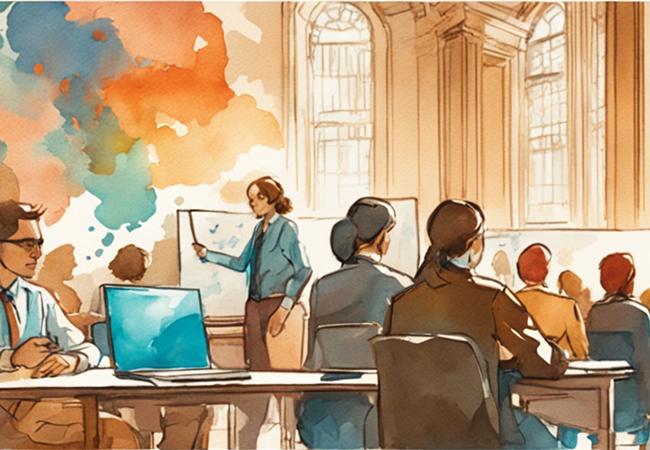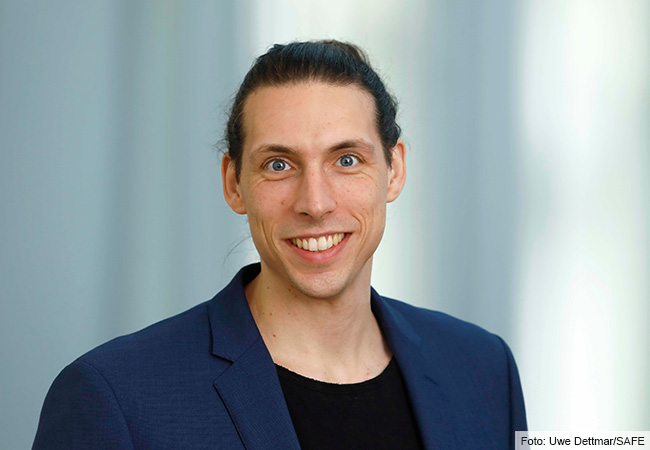Studiengalerie 1.357 will show the video artwork Evil.13. (Triumph of Evil, 2006) by U.S. artist Tony Cokes from May 3 to June 2, 2023. Cokes is a professor of Modern Culture and Media at Brown University, whose works have been on display in numerous international exhibitions.
When genocide occurs, the United Nations intervenes. In Evil.13. (Triumph of Evil), Tony Cokes shows text passages from a 1994 press conference in which then-U.S. State Department spokesperson Christine Shelly is questioned about the genocide in Rwanda. The text passages shown on screen are accompanied by the aggressive music of grunge band Nirvana, offering a musical commentary on Shelly’s answers. Shelly refuses to use the word genocide, thereby avoiding the obligation of the United States and the United Nations to intervene militarily. The systematic extermination of the Tutsi in Rwanda occurred right before the eyes of the world. The preference for the Tutsi as the leading elite already had resulted in tensions between the majority Hutu and the minority Tutsi during German and later Belgian colonial rule.
Tony Coke deliberately avoids using visual depictions of the genocide, such as media footage, in his video essay, choosing instead to display the diplomatic language in text against the backdrop of aggressive music, whereby the latter appears like the underlying beat of a political approach that evades any consequences resulting from colonial policy.
Tony Cokes (born 1956 in Richmond, Virginia, USA) lives and works in Providence, Rhode Island. He held his first solo exhibition in Germany, Fragments, or just Moments, at Haus der Kunst and Kunstverein Munich in 2022. The work explores the cultural propaganda strategies of the Nazi regime and the visual identity of the 1972 Olympic Games in Munich.
Exhibition at the Studiengalerie 1.357:
Tony Cokes: Evil.13. (Triumph of Evil).
On display until June 2, 2023 at I.G.-Farben-Haus
Goethe University, Room 1.357 (1st floor),
Mondays through Thursdays, 12 p.m. to 5 p.m.
Studiengalerie 1.357 is a cooperation of Städel Museum, MMK Museum für Moderne Kunst, Forschungszentrum für Historische Geisteswissenschaften [Frankfurt Humanities Research Centre] and Goethe University Frankfurt. It shows four exhibitions on contemporary art per year.







